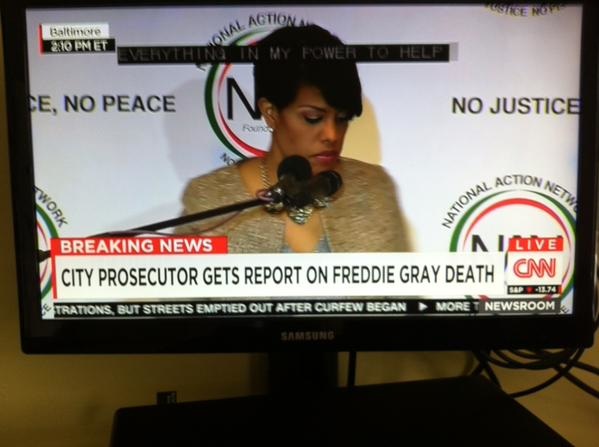The “playing chicken” metaphor in the title of this post, which we have appropriated from Bill Fleckenstein, refers to the fact that bulls seem to believe that the Fed a) has everything under control, and b) won’t do anything that could upset the party. Hence the party is widely expected to continue and we admit that it might. In terms of the stock market’s usual post FOMC behavior, it seems to go up most of the time in short order, so a change in character would involve the market doing something different.
Consider also the following: In recent months many people have wondered why stock markets have ceased to react to bad economic data (in fact, their reaction to economic data releases always seems to be the same, regardless of whether they are good or bad). The answer could be that market participants are becoming convinced that the inflationary policies that have been set in train all over the world will never end. The bet is probably that by the time the ECB winds down QE, the Fed will have enough reasons again to restart its version of QE. The BoJ will probably just continue with the policy until it all blows up, and who knows when that will be?
However, we would note here that if this guess about the thought processes of market participants is correct, then we are already at a quite advanced and dangerous stage of the game. Possibly not at the very peak of enthusiasm, but very close. If a sharp correction were to occur, it might well reset the clock, but that is not certain. It could lead to a failing rally as well, but that is a bridge we will cross when the time comes.
ConclusionThe recent quietude in the markets has our attention. Quietude in markets nearly always leads to unexpected increases in volatility. We use the term volatility not necessarily only in the sense of “must go down”, but rather in the sense that the quiet period will soon end. It could just as well result in a blow-off move (in the case of stocks) as in a sharp decline – at least from a purely technical perspective. The currency markets seem a bit more unsettled and have been making big moves for quite some time, which curiously haven’t altered the trajectory of “risk assets” much.
Read the rest here...








 RSS Feed
RSS Feed